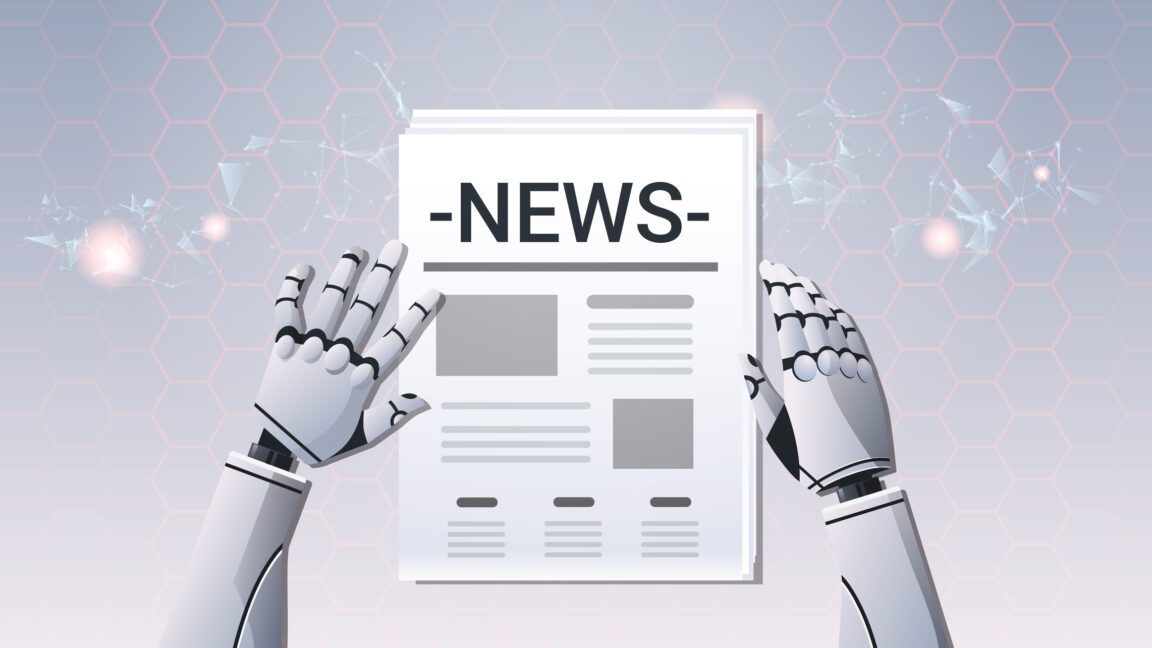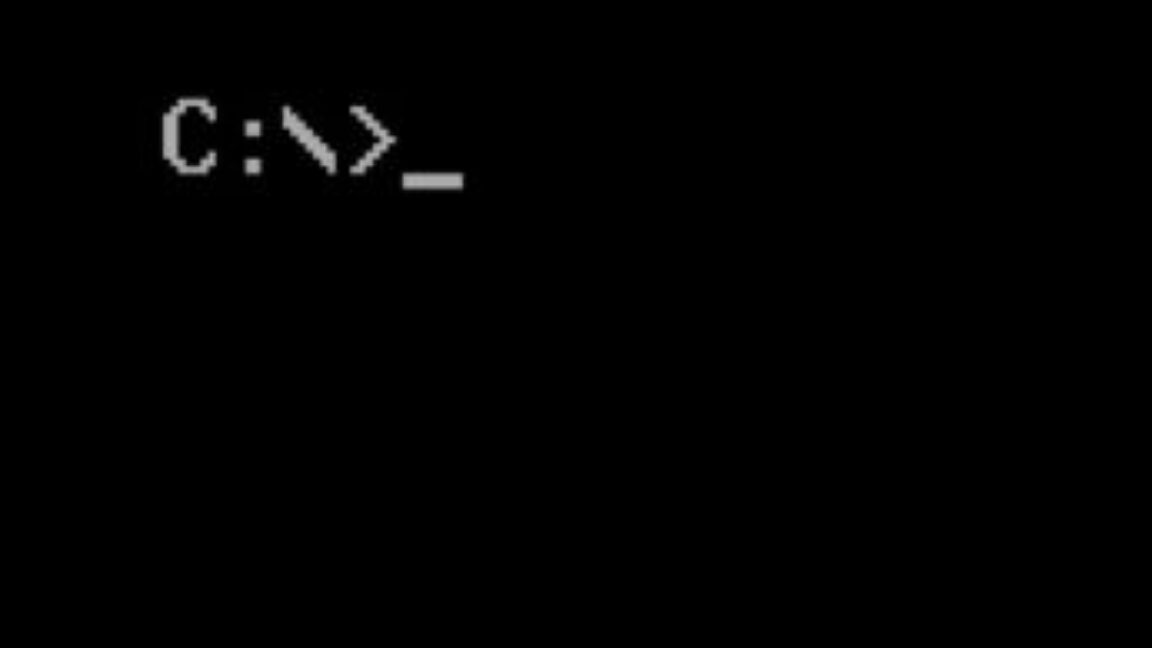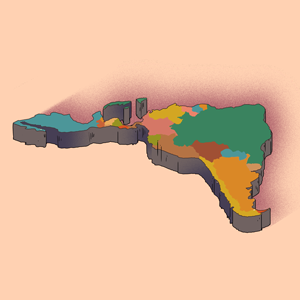Wharton’s Jeremy Siegel calls Trump’s tariffs the ‘biggest policy mistake in 95 years’
“I don’t know why Trump didn’t learn the lesson of the Smoot-Hawley tariff,” he said.

- President Donald Trump unveiled sweeping reciprocal tariffs on what he deemed “Liberation Day” earlier this week. The tariffs and threat of a global trade war sent Wall Street spiraling, and some are saying it’s Smoot-Hawley all over again. But one economist says while Trump didn’t learn from the legislation blamed for worsening the Great Depression, the Federal Reserve has.
Jeremy Siegel, emeritus professor of finance at UPenn’s Wharton School, called President Donald Trump’s tariffs the “biggest policy mistake in 95 years.” What happened 95 years ago? The Smoot-Hawley Act, a protectionist trade measure that some economists blame for worsening the Great Depression.
“I don’t know why Trump didn’t learn the lesson of the Smoot-Hawley tariff,” Siegel said Friday on CNBC. Trump tariffs may even be worse than Smoot-Hawley because trade is much more critical to the global economy than it was about a century ago, Siegel added.
Tariffs and the threat of a global trade war sent Wall Street spiraling. The S&P 500 fell almost 5% on Thursday, and the sell-off continued at market open on Friday deepening the turmoil for all three major U.S. indexes. Analysts unanimously denounced the taxes—Wedbush’s Dan Ives said they were “worse than the worst case scenario.” JPMorgan also raised its probability of a global recession to 60% in a note titled: “There will be Blood.”
Siegel said he was staying in the market because he’s a long-term investor, but explained that if you’re a trader, there are storms ahead so long as the tariffs remain.
After Trump revealed an extra 34% tariff on China from the White House Rose Garden on Wednesday, China retaliated, announcing it would place a reciprocal 34% tariff on all imports from the United States. Siegel called it a “nightmare” that may embolden others to strike back. Other economists have called the tariff regime a self-inflicted wound, and Siegel agrees.
However, while the president may not have learned the Smoot-Hawley lesson, the Federal Reserve has, Siegel claimed. That’s why he suspects lower interest rates are coming. “I think they have to lower interest rates as a result of this global shock,” he said. “There will be higher inflation.”
During Fed Chair Jerome Powell’s post-meeting press conference in March, where the central bank left interest rates unchanged, Powell said tariffs could induce inflation, but it may be transitory. Siegel didn’t think there was any chance of May interest rate cut, but after Trump announced his sweeping reciprocal tariffs, he sees a dramatically increased possibility.
Still, on Friday, during Powell’s first public remarks since Trump’s “Liberation Day” tariffs, he said it was becoming clear the effects of the levies would be more substantial than anticipated when it comes to higher prices and slower growth. But it doesn’t appear to have changed the central bank’s cautious, wait-and-see stance.
Meanwhile, Trump wants cuts. The president posted on Friday that this would be the perfect time for Powell to cut interest rates. “He is always ‘late,’ but he could now change his image, and quickly…. CUT INTEREST RATES, JEROME, AND STOP PLAYING POLITICS!” the post read.
This story was originally featured on Fortune.com


![How to Find Low-Competition Keywords with Semrush [Super Easy]](https://static.semrush.com/blog/uploads/media/73/62/7362f16fb9e460b6d58ccc09b4a048b6/how-to-find-low-competition-keywords-sm.png)

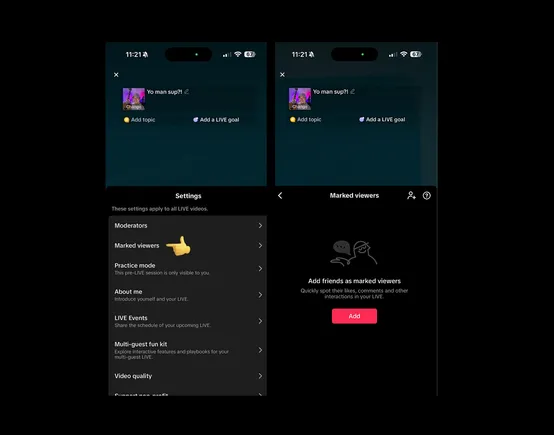



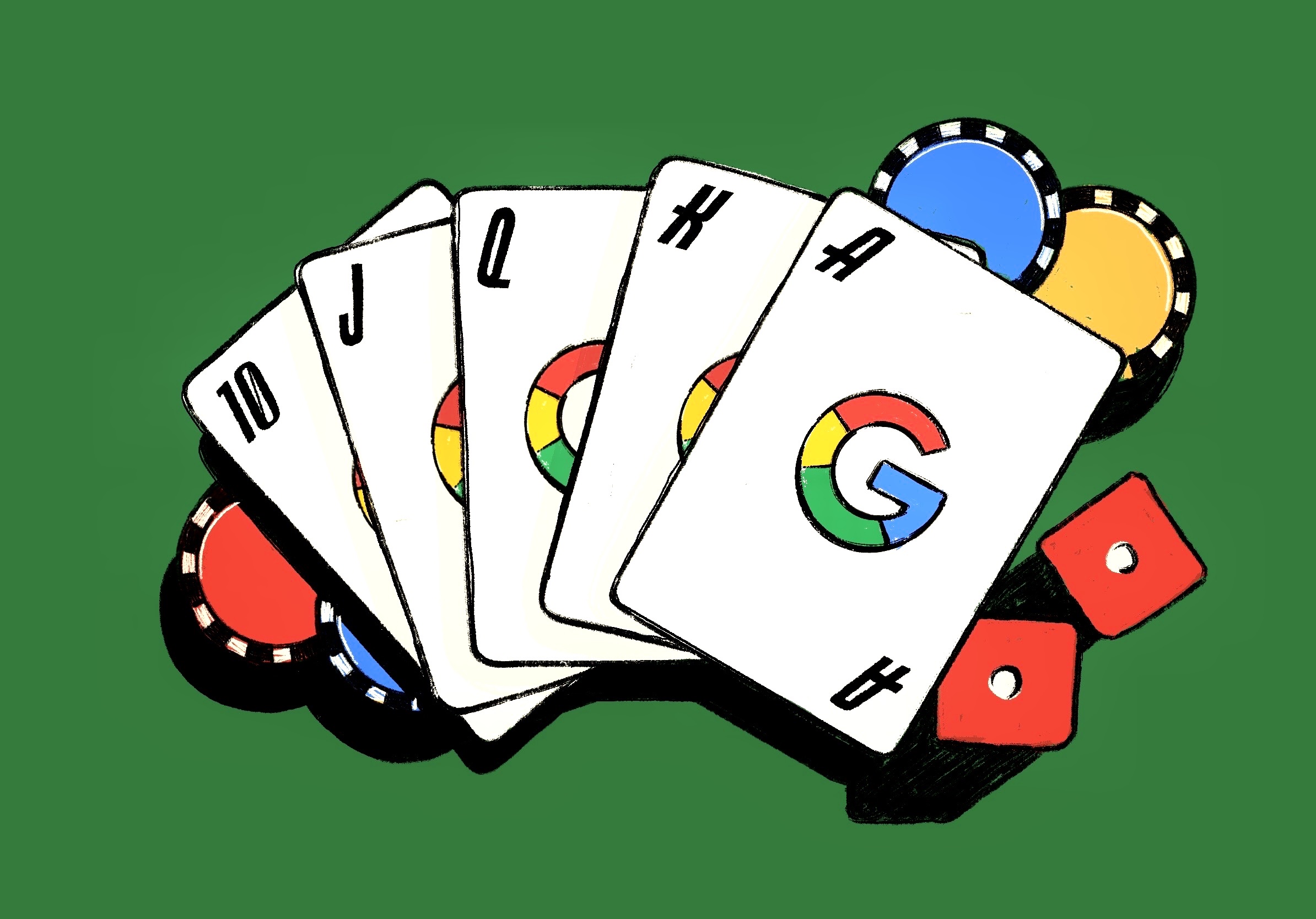
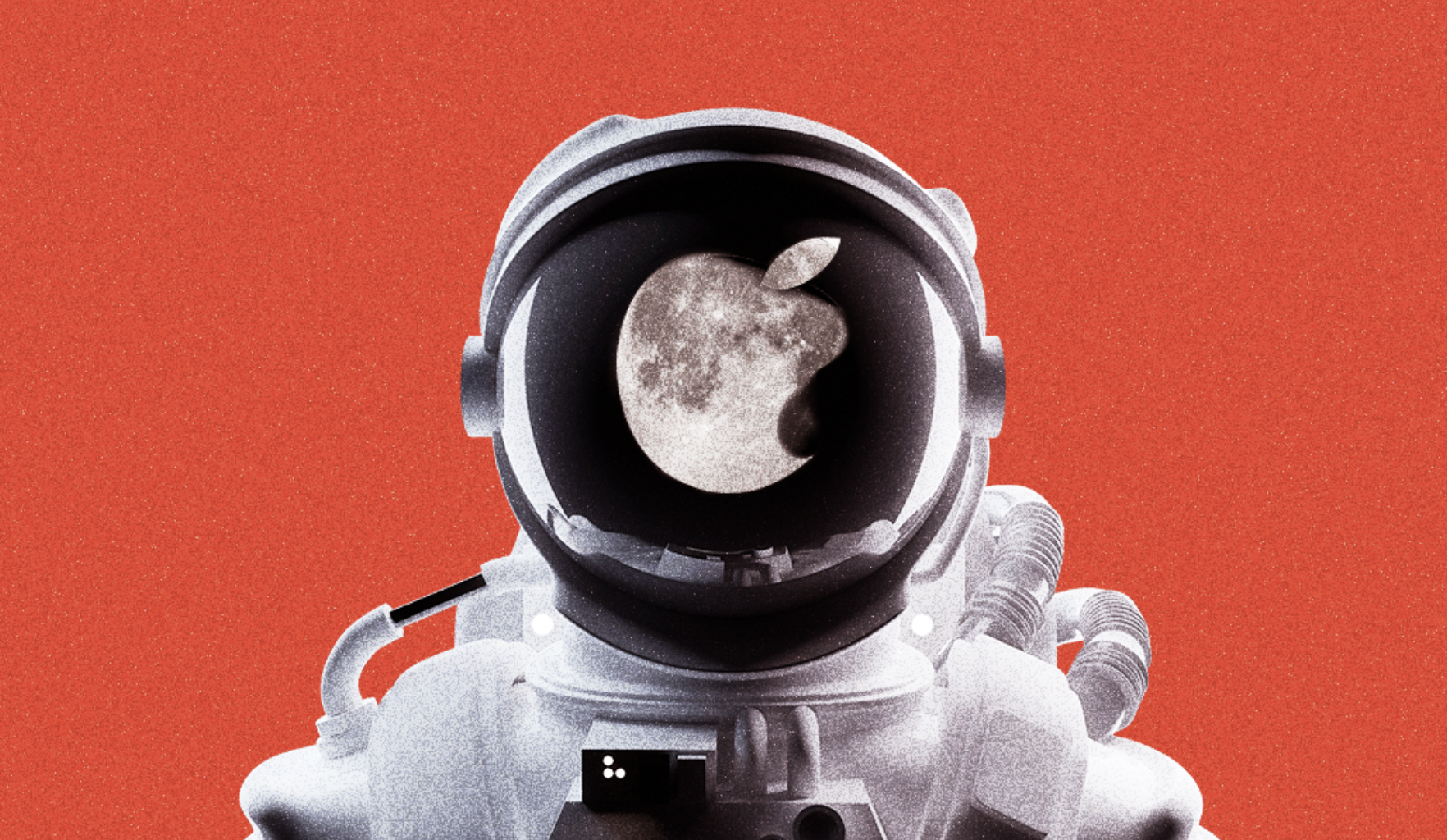

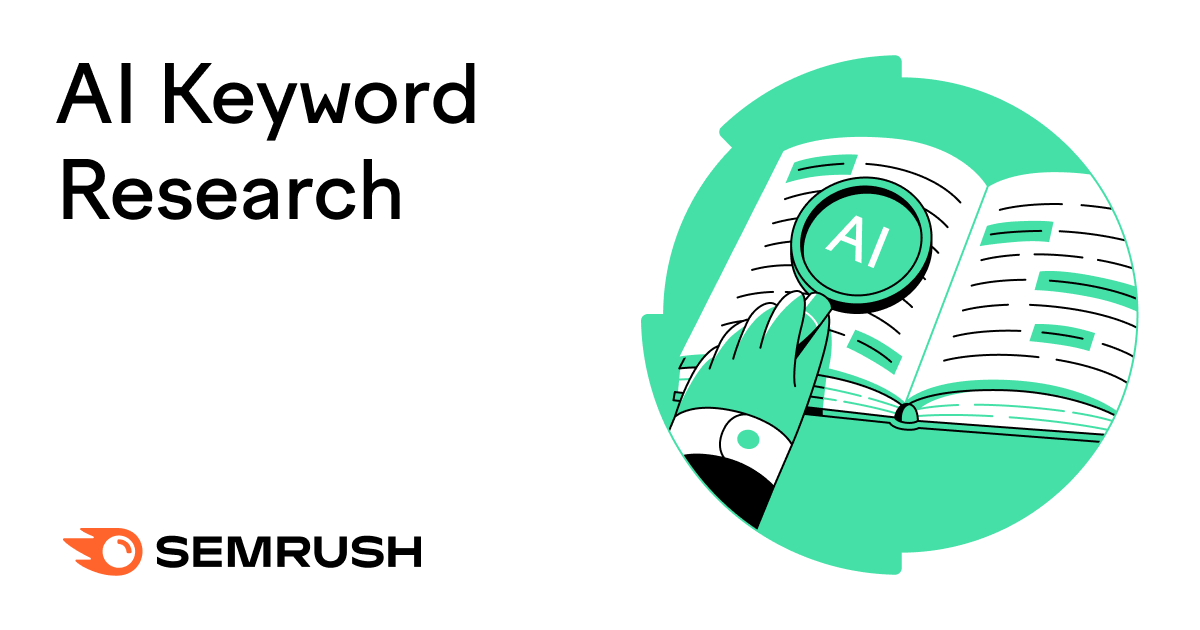
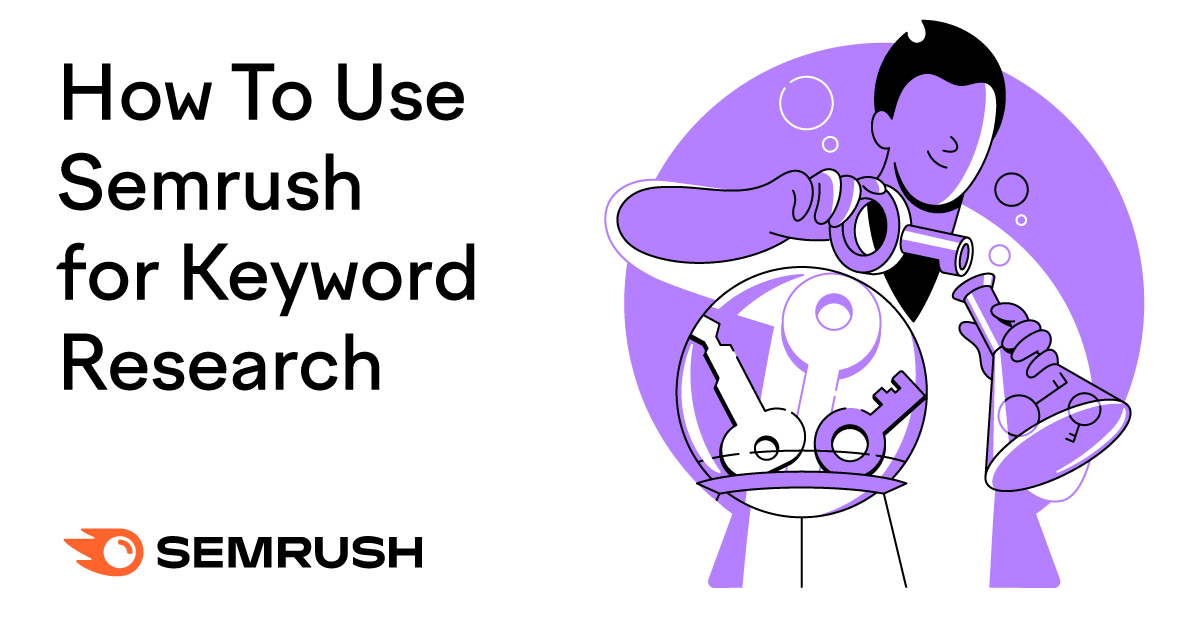















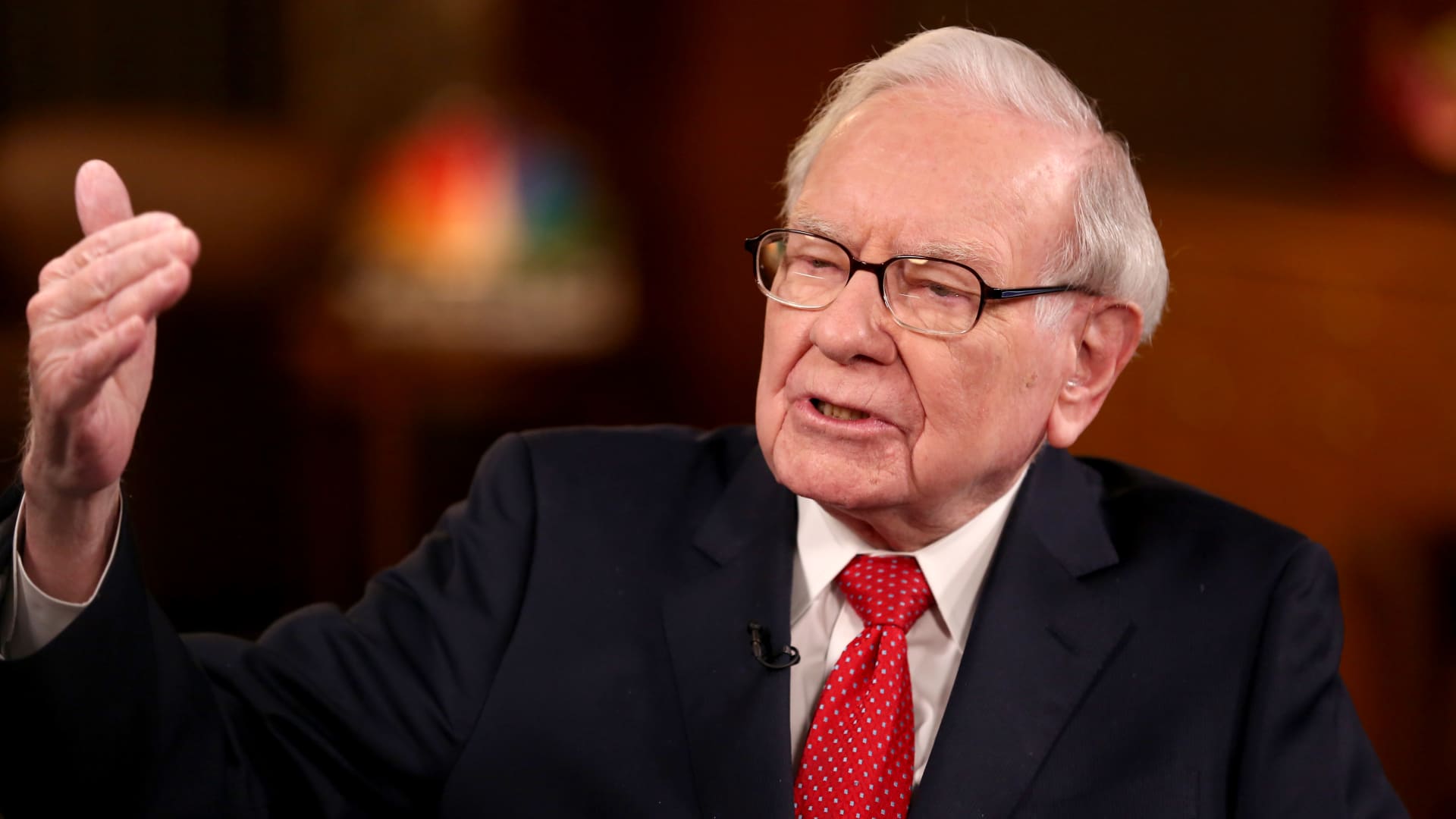



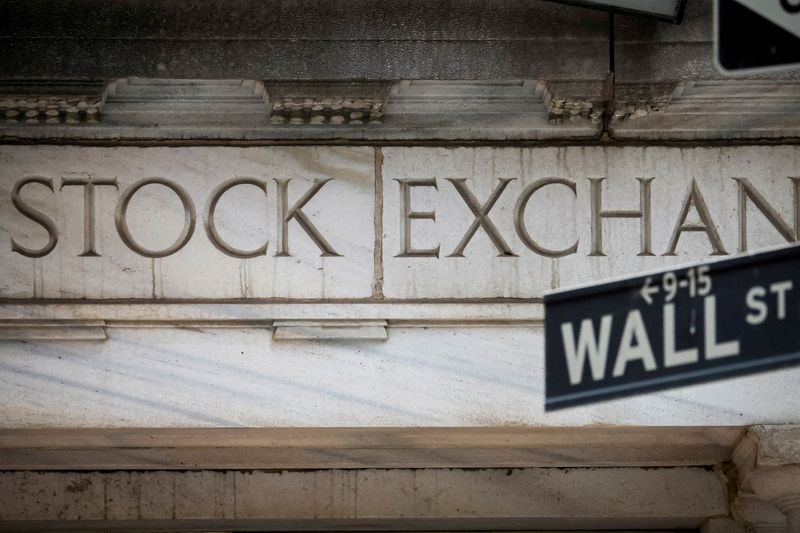
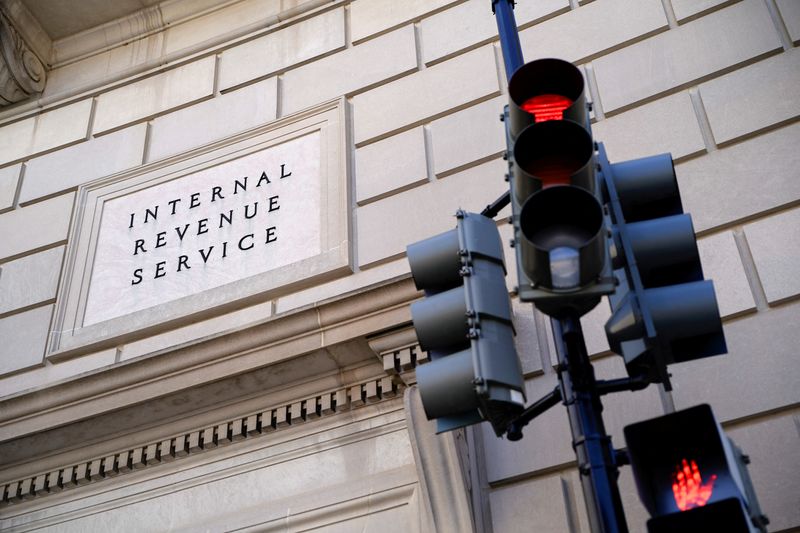
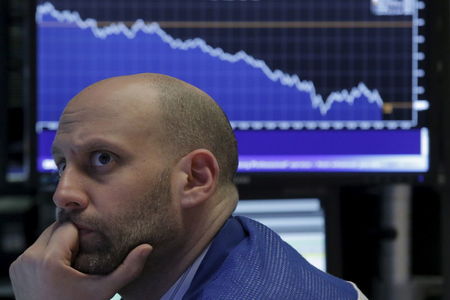








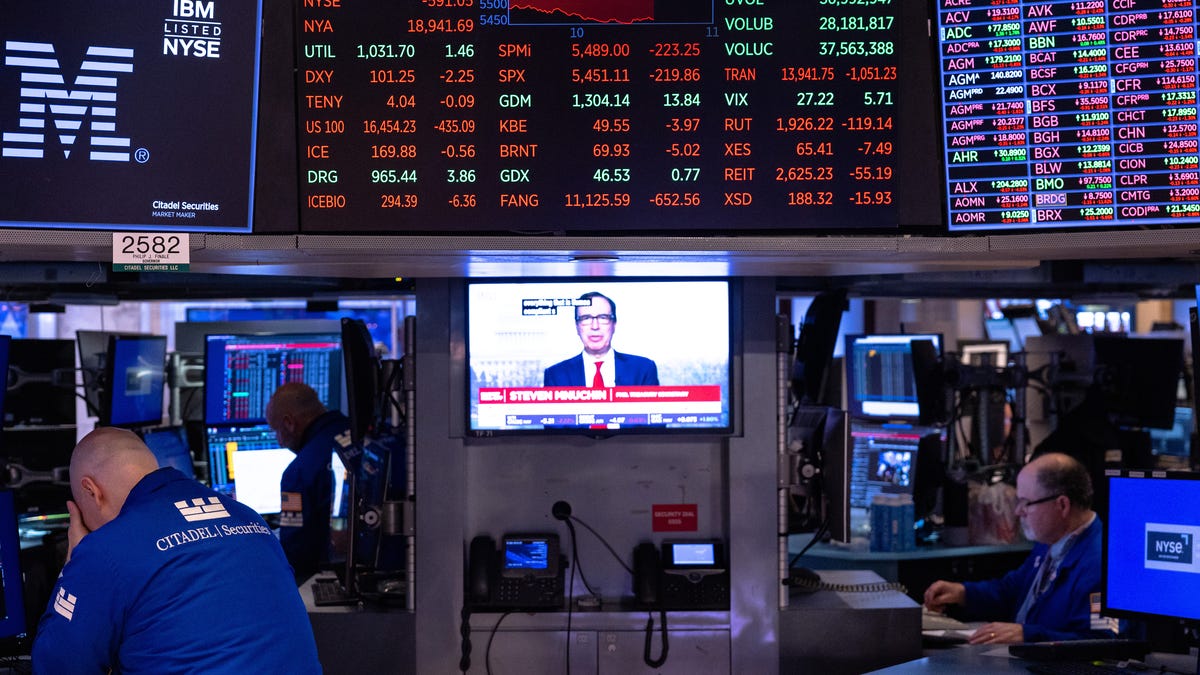










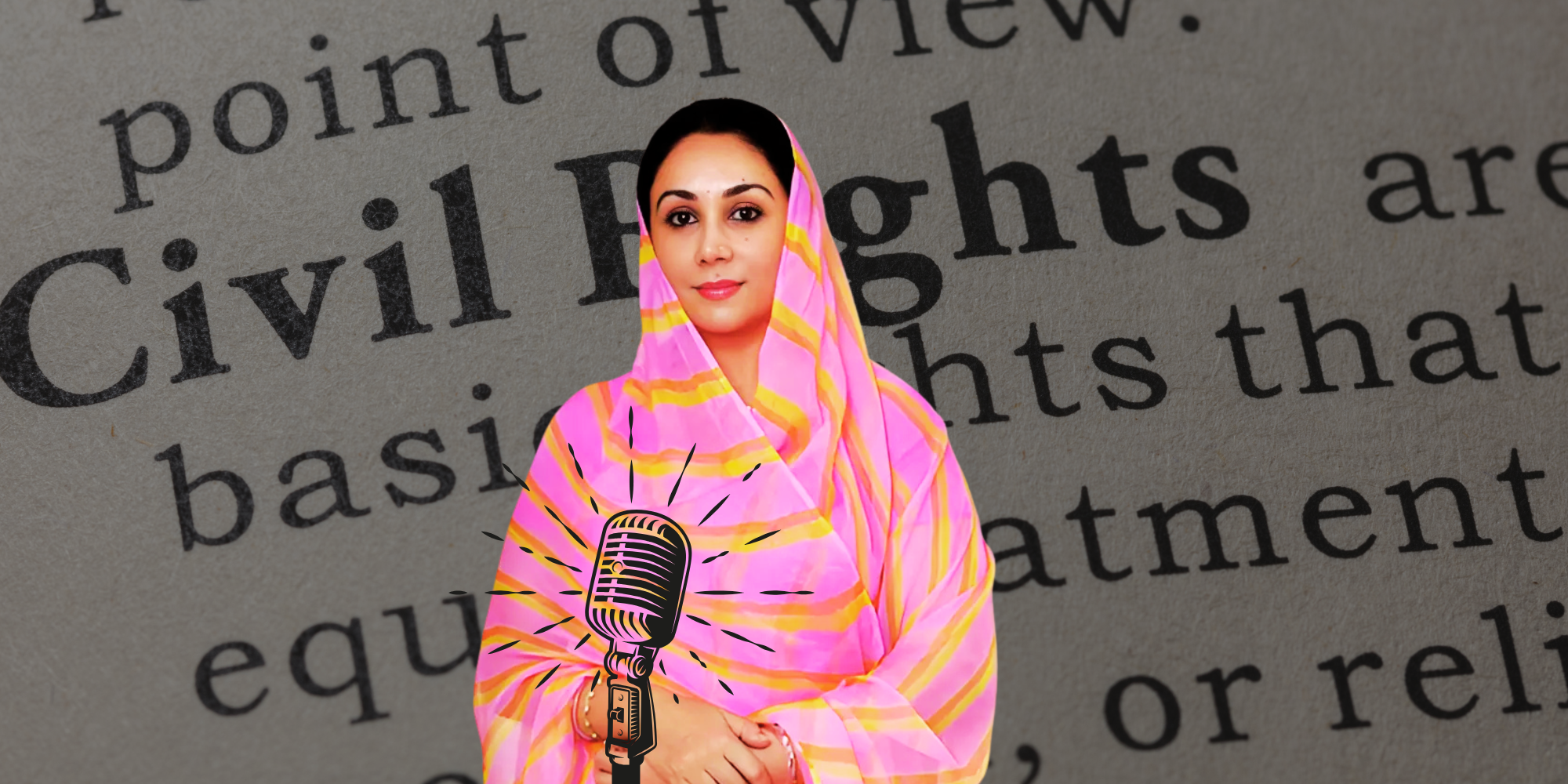

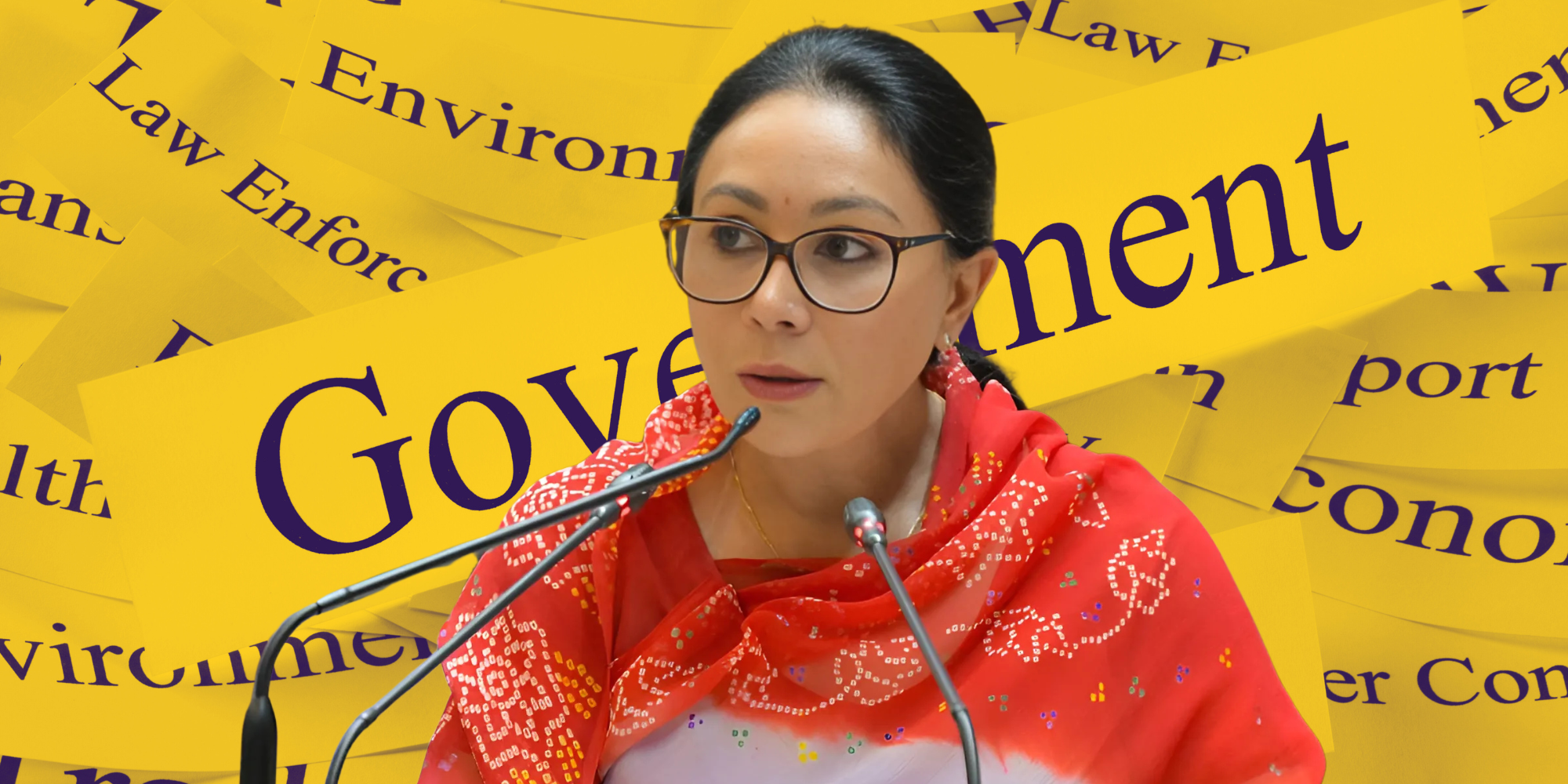
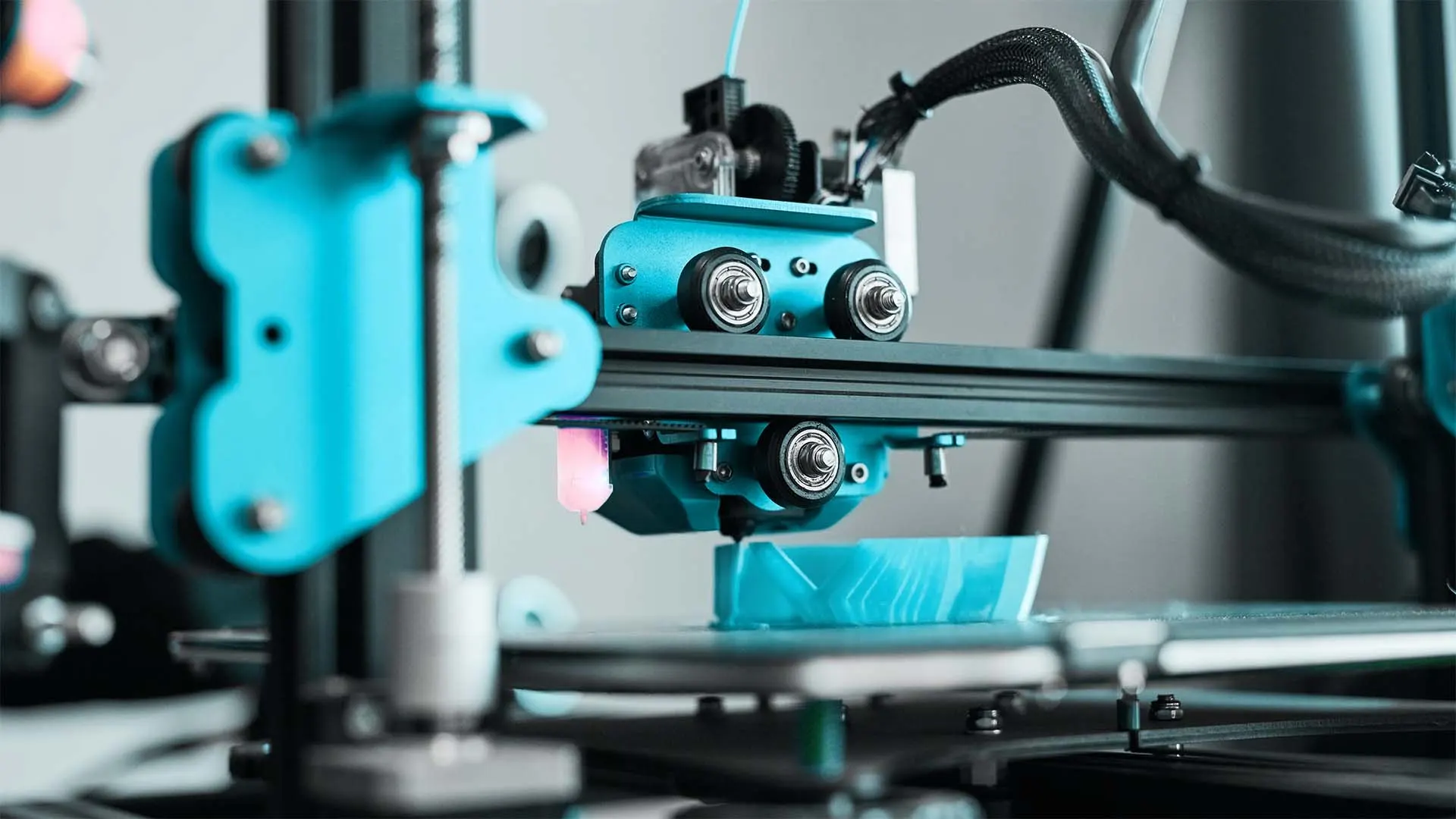
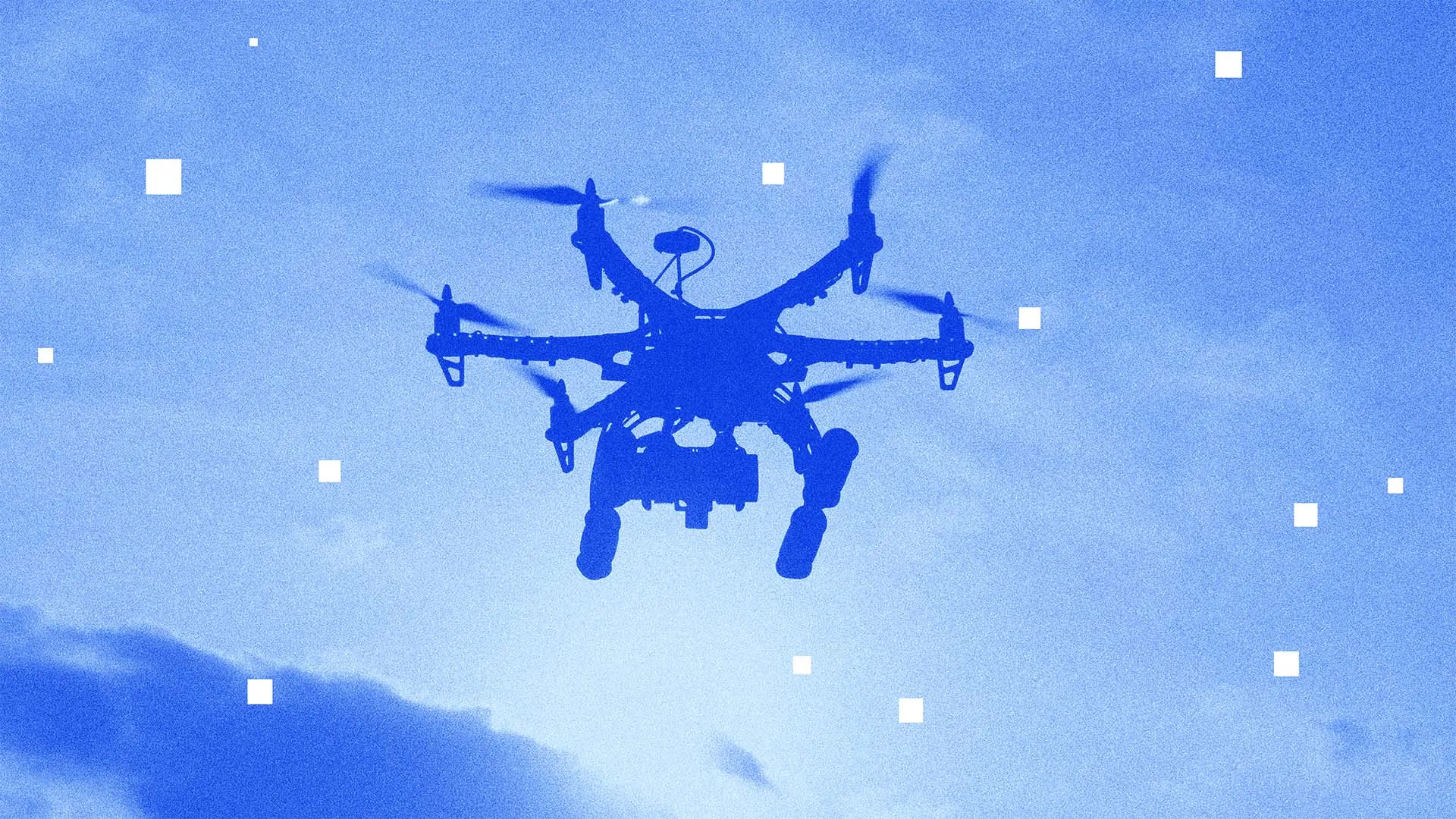
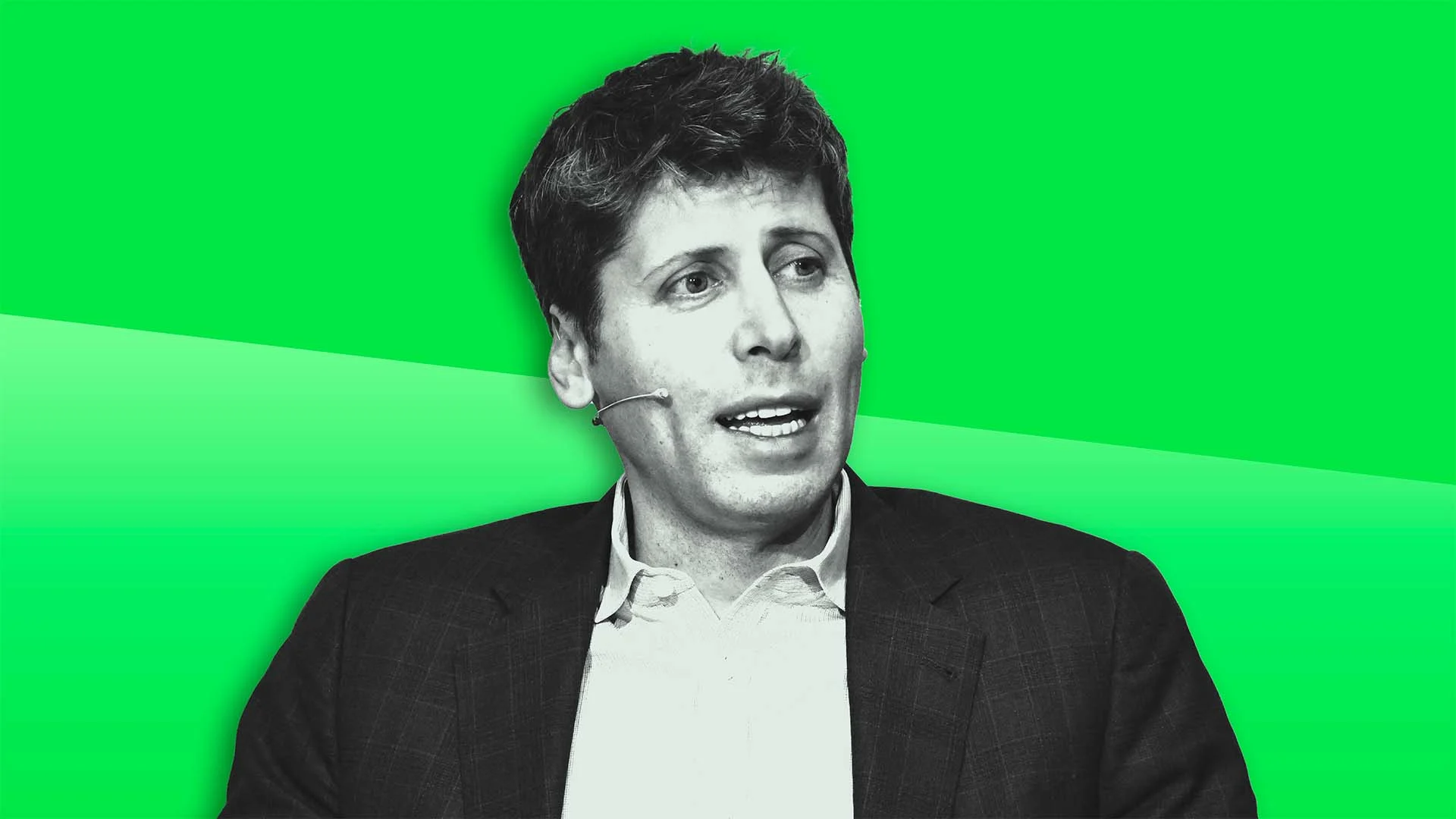
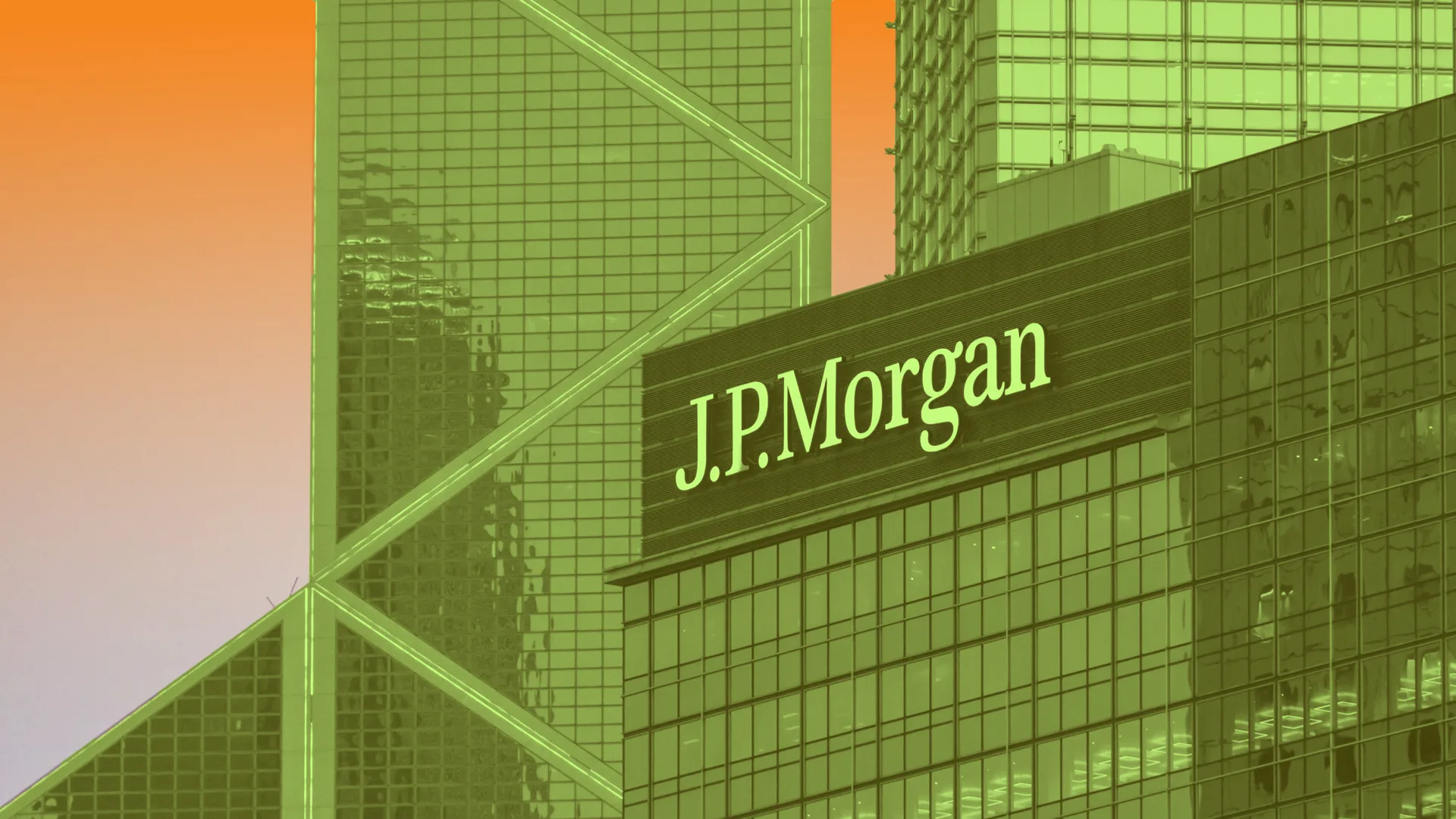














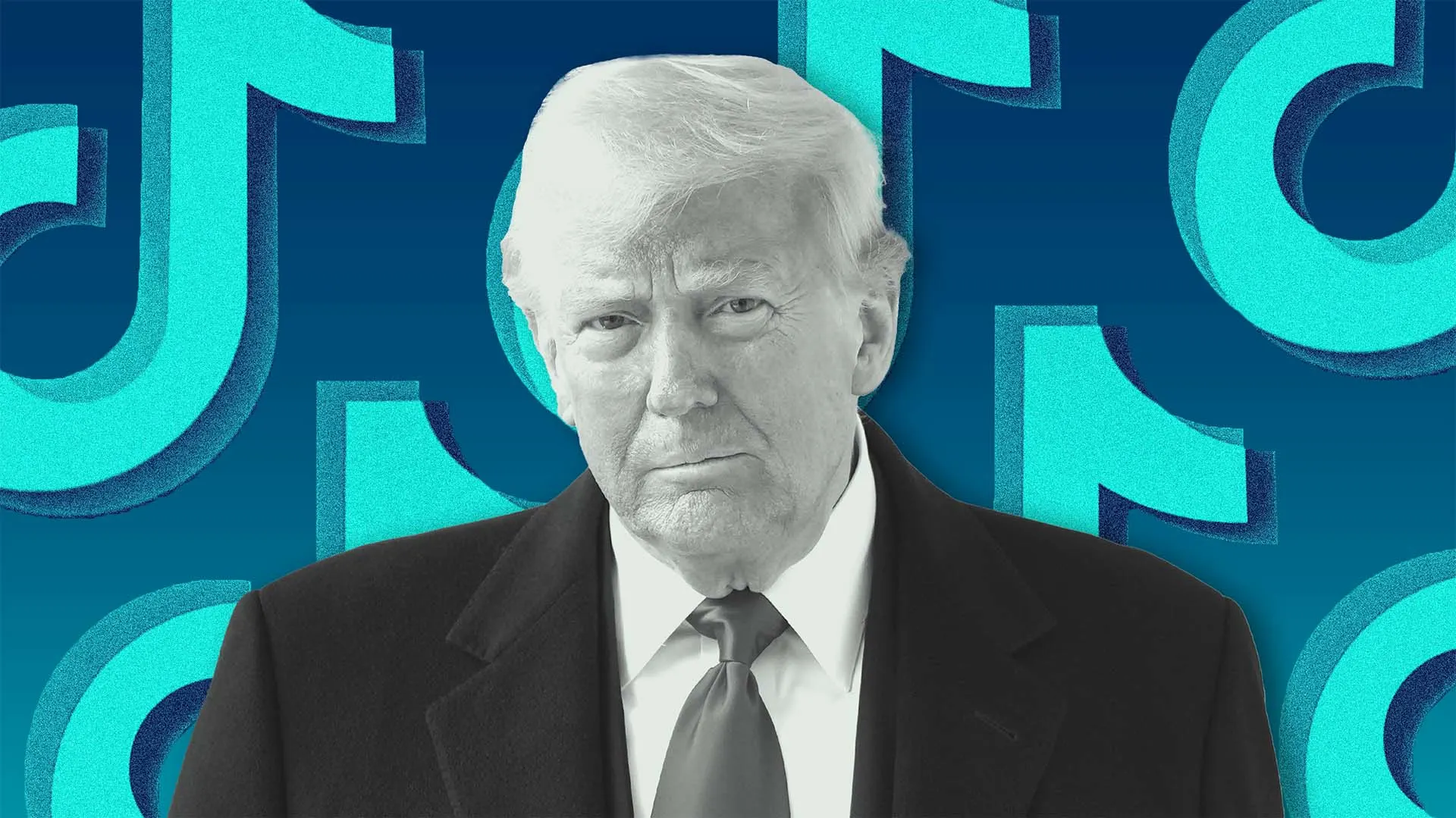










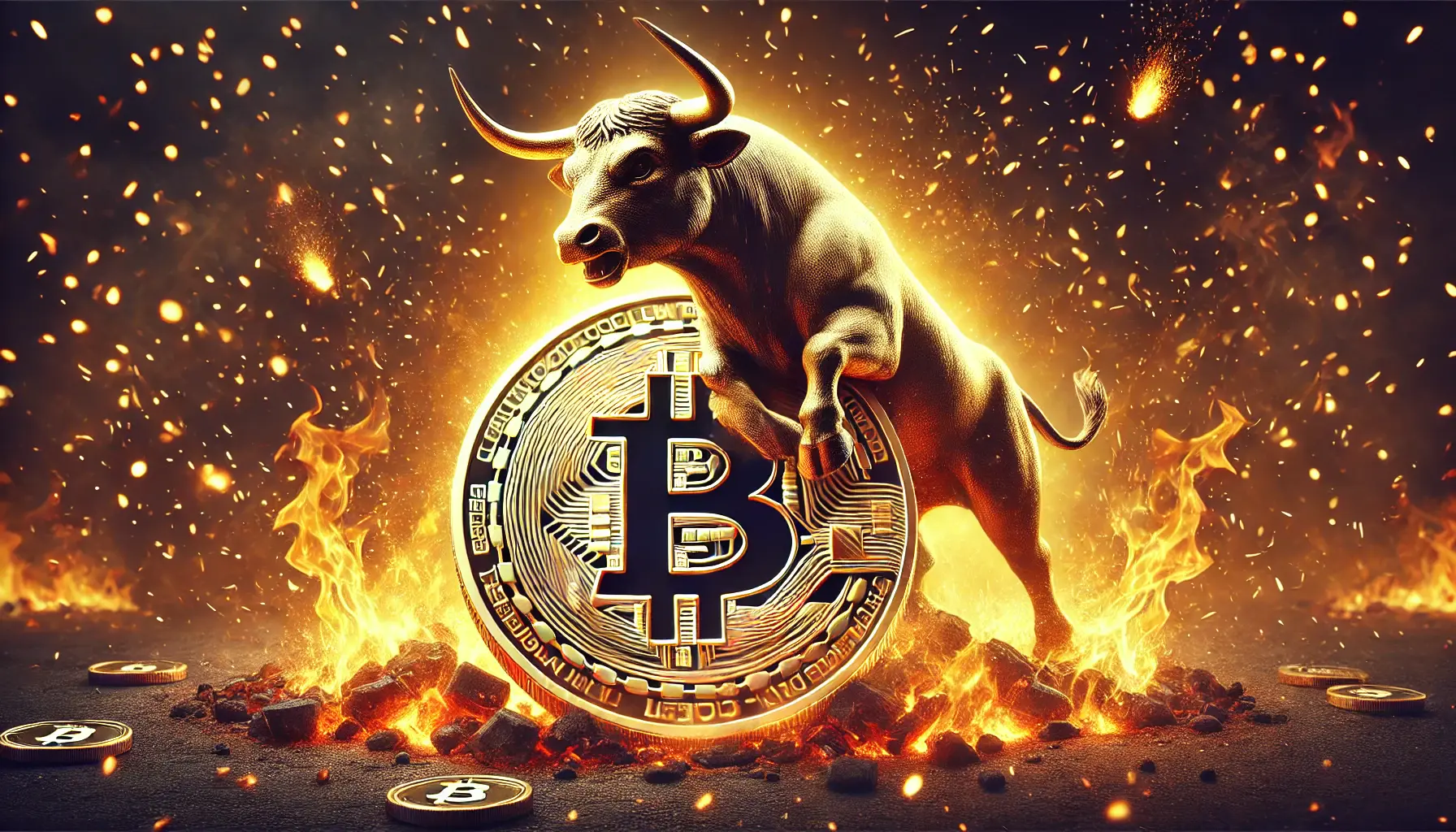




















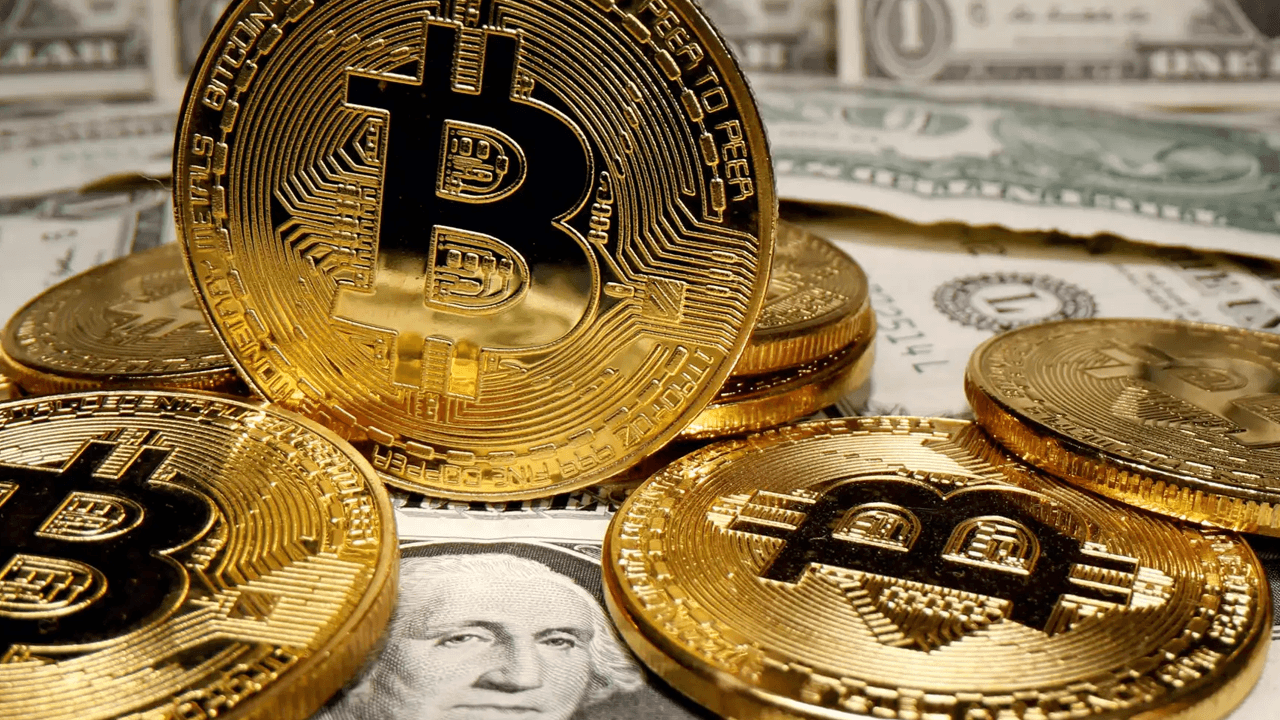
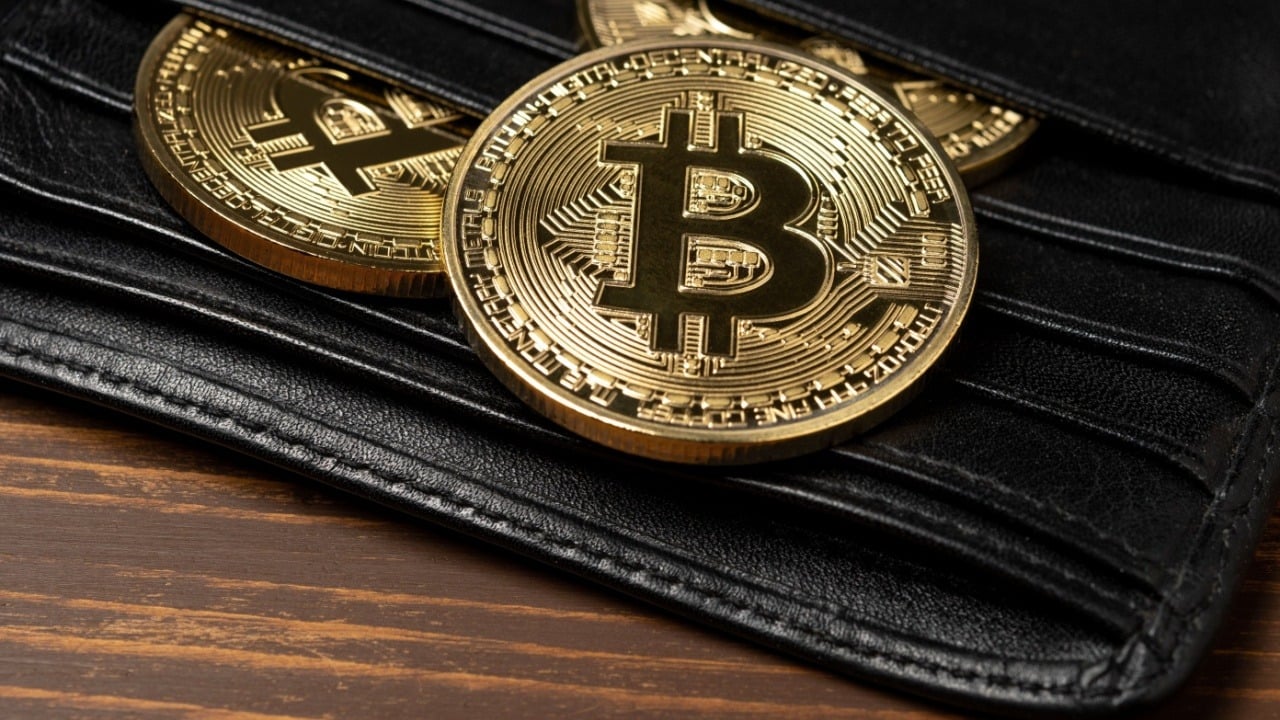

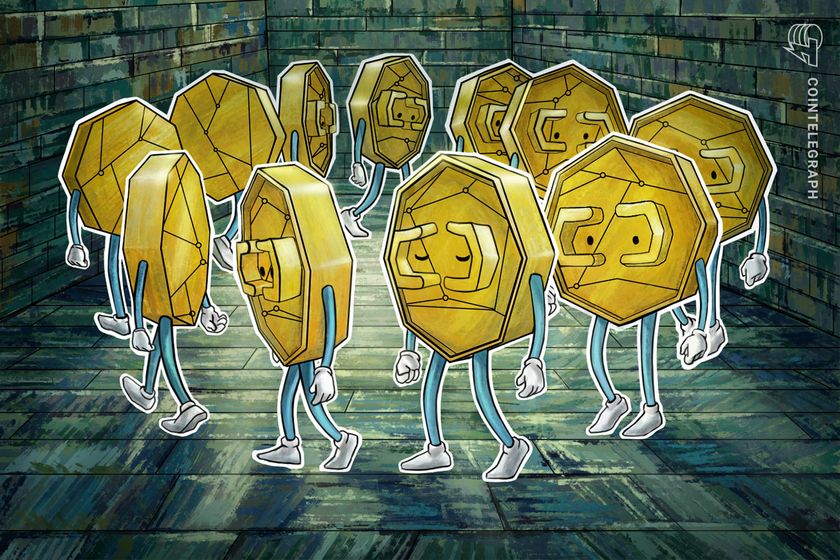
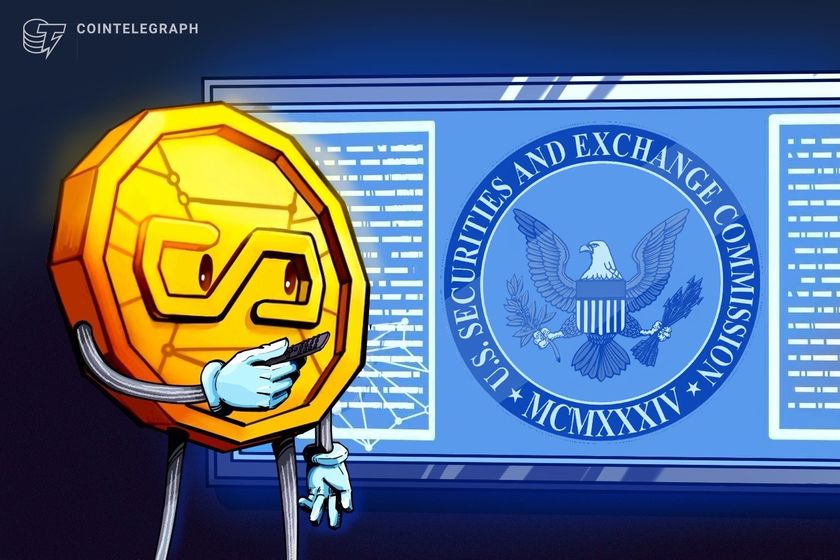



















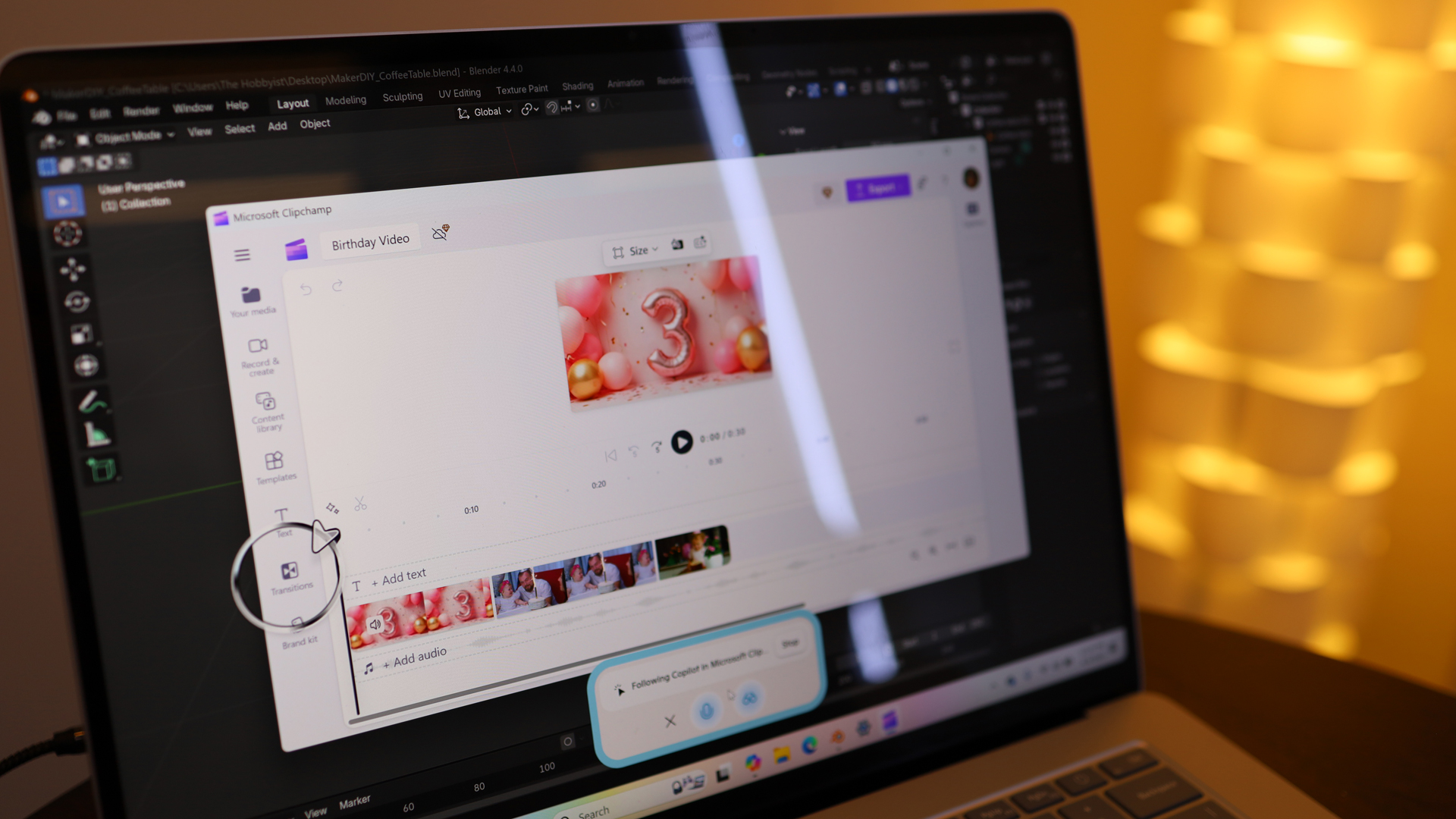







































.jpg)
%20Abstract%20Background%20112024%20SOURCE%20Amazon.jpg)








